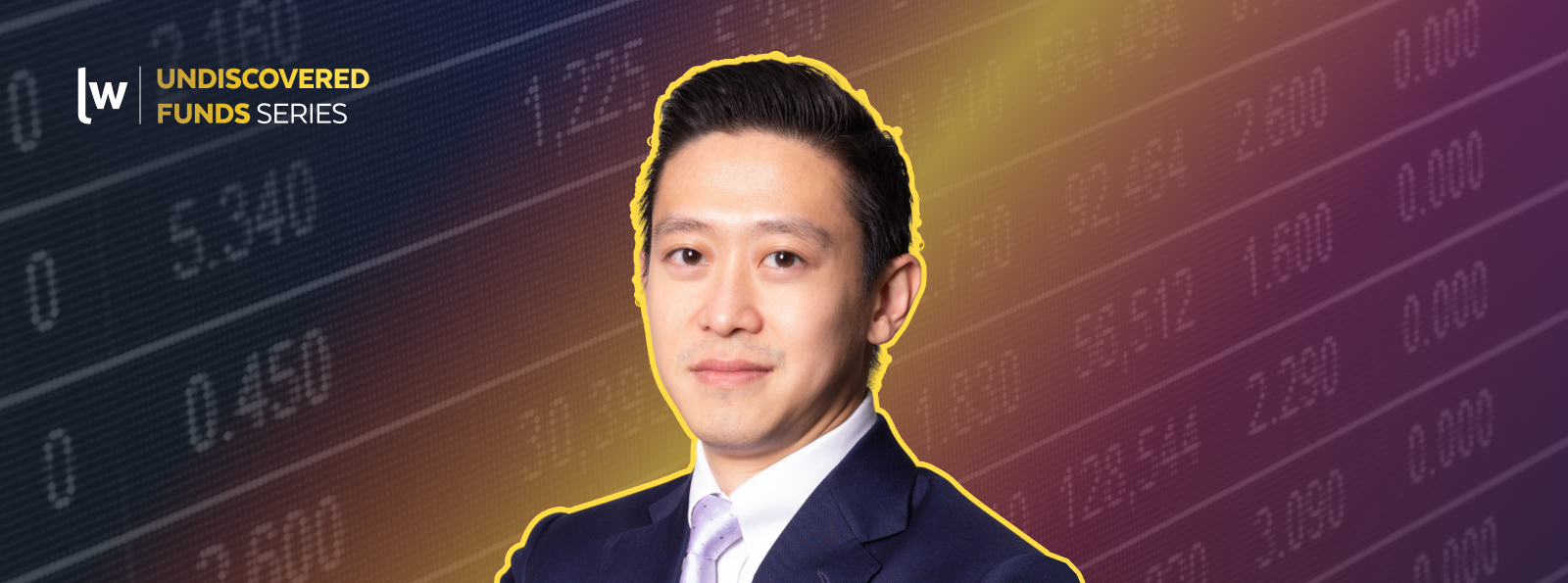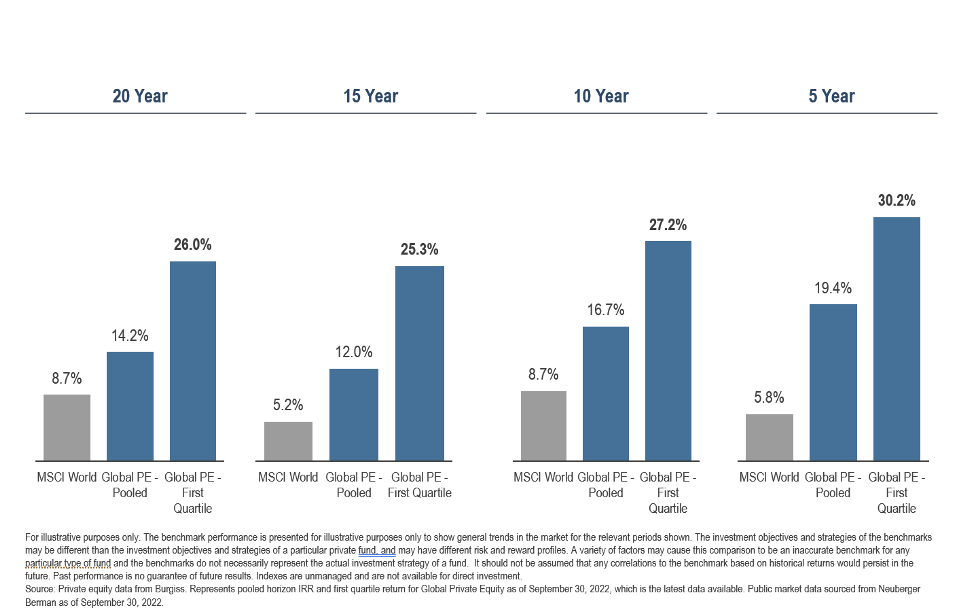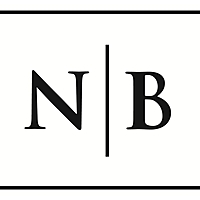The asset class tipped to deliver across each investment stage – buy, hold AND sell
The current macro environment of elevated interest rates, stubbornly high inflation and rising recession fears leaves both equity and bond investors uncertain of where to turn for sustainable returns.
But the Alternatives space holds opportunities that are “structurally advantaged” relative to public markets, according to Gabriel Ng, managing director of Neuberger Berman's global private equity team.

He believes private equity has several structural advantages over public markets across each of the crucial buy, hold and sell stages of the investment cycle.
“On the buy, we have observed that PE managers have more nimble sectoral pivots. If we look at sector compositions across vintage years, you will see that PE has been more dynamic,” says Ng.
And he notes that in the holding phase (typically around five years), PE managers have a heightened ability to influence and control the companies in their portfolios. At the same time, PE managers can pursue longer-term strategic initiatives without the pressures of quarterly EPS reporting.
“Research has shown that PE-backed companies in general experienced faster and more stable EBITDA growth versus public companies - due to active control.”
And in the sell stage, Ng emphasises the multiple exit options of trade sales, selling to a sponsor, and IPO that are open to PE managers.
In the following Q&A, he discusses the process underpinning Neuberger Berman’s private equity strategy, where it might fit in a portfolio, along with his outlook on the sector and some ways his team is taking advantage.
The Neuberger Berman Private Equity Access Fund (AUD) is a feeder fund into an offshore Neuberger Berman private equity master fund. The comments below relating to engagement with or direct investment in portfolio companies and being a limited partner apply at the master fund level. The Q&A provides factual information about the fund and Neuberger Berman’s current view on the private equity market. It is not financial product advice and investors should speak to their financial advisor before making any decision relating to the fund.
Long-term performance of global private equity versus public markets

Edited interview transcript
What’s the current state of play within global private equity?
We are currently seeing additional selectivity in the buyout market. New buyout transactions are still taking place, but GPs are carefully considering the sectors and companies that they want to have exposure to and the valuations being offered for these assets.
The pace of deployment in 2022 had slowed compared with 2021, which was a record year in terms of investment volume. But that being said, the 2022 transaction volume remains strong in historical terms when you look across the past 15 years.
Nevertheless, this is the type of environment that may create opportunities for well-positioned investors who have extensive experience investing across cycles and are able to be opportunistic.
Anecdotally, we have not seen valuations correct that meaningfully in the PE market. High-quality, market-leading assets are still commanding a premium – there has been a flight to quality. With rising rates and more expensive financing costs, sponsors have to rely more on revenue growth and value creation levers to drive expected earnings and hence returns (and less on financial leverage).
How much engagement do you have with the management of the companies you hold in the fund?
As a Limited Partner (LP), we typically do not get involved in the day-to-day operations of the portfolio companies. But the General Partners (GPs) of the funds via which we co-invest engage with individual companies. Some of the ways they do this include:
- helping to ensure the right management teams are in place,
- formulating business’s “go-to-market” strategies,
- establishing cost structures,
- aiding with entry into new markets,
- assessing and implementing potential M&A deals.
As an LP, ensuring GPs are well-equipped to drive value creation and ultimately improve the profitability and positioning of the companies within our fund is a key part of our due diligence prior to forming any partnership.
What is the role of the Global Private Equity Access Fund (AUD) in a portfolio?
The Global Private Equity Access Fund (AUD) aims to provide investors with exposure to a high-quality private equity portfolio comprising of direct co-investments and secondaries.
- Co-investments are direct equity investments into companies alongside our general partners.
- Secondaries are investments into more seasoned private equity portfolios through the purchase of LP interests. We also consider GP-led investments, such as single-asset or multi-asset continuation funds.
Within a broader portfolio, the role of direct co-investments is to provide long-term capital appreciation that is fee and capital efficient and well-diversified.
The role of secondaries is twofold: to reduce blind pool risk and to provide investment returns driven by growth in the value of underlying assets. Cash flows (distributions or returns) from these assets are typically received early in the investment cycle.
What are some of the challenges of the private equity asset class and how does your fund seek to address these?
The fund aims to address traditional challenges faced by individual investors, including illiquidity, capital calls, subscription processes, and investment minimums.
In building high-quality PE portfolios, we’re mindful of balancing client needs with the fundamental characteristics of the asset class. That means we use traditional structures but sometimes those may have shorter or longer investment periods.
We also use open-ended investment vehicles, which typically allow investors to buy or sell their shares at any time, and have a strong focus on risk management. These aspects are important when you include illiquid assets in these open-ended structures.
The fund offers monthly subscriptions and redemptions (subject to the underlying terms) and finally, the commitment is fully funded days after subscription, eliminating the uncertainty associated with the timing of capital calls.
The fund also has a low minimum investment requirement, making it more accessible compared to traditional PE funds that require significantly greater capital commitments.
How are you taking advantage of current market opportunities?
While we think the current environment warrants caution, we remain positive on the long-term outlook for private markets. We believe an all-weather strategy will continue to serve our investors well, regardless of the point in the investment cycle or timeframe. Some key focus areas for us in the current environment include:
Targeting of Quality assets
Via our GPs, we are prioritising unlisted assets that have:
- resilient, defensive business models with strong “moats” of competitive advantage
- leading positions within their respective industries or sectors
- strong cash flow generation with transparent revenue and EBITDA.
Investing in long-term growth trends
Examples include:
- digitalisation,
- automation,
- need for security systems,
- climate solutions and energy transition,
- health and wellness,
- supply chain reconfiguration and
- the rise of the millennial consumer.
Partnering with premier GPs
Owning good assets is only part of the story. We start by identifying and working with sponsors (co-investors or general partners – as discussed earlier) that have the necessary expertise, experience, and track record of success.
What sectors in PE would you actively avoid, and why?
We typically steer clear of highly cyclical businesses with volatile end markets, as well as companies that could be subject to significant commodity- or energy-pricing risks.
What are some of the most exciting sectors of companies you’re currently working with?
Particularly in this market environment, we’re focusing on investments that benefit from long-term secular trends and on companies with low expected cyclicality.
On a sector basis, we like parts of the Technology space and also Healthcare. In the former, our exposures include industrial technology and also the software industry.
We’re also investing in e-commerce companies with large-scale competitive positioning and that are supporting trends such as automation and other efficiency enhancements.
Access to institutional-quality private equity
Neuberger Berman believe that private equity is an all-weather asset class: Strategies derive their returns from buying high-quality businesses, putting in great management, and implementing strategic and operating plans to create value. To learn more, please visit their website.



